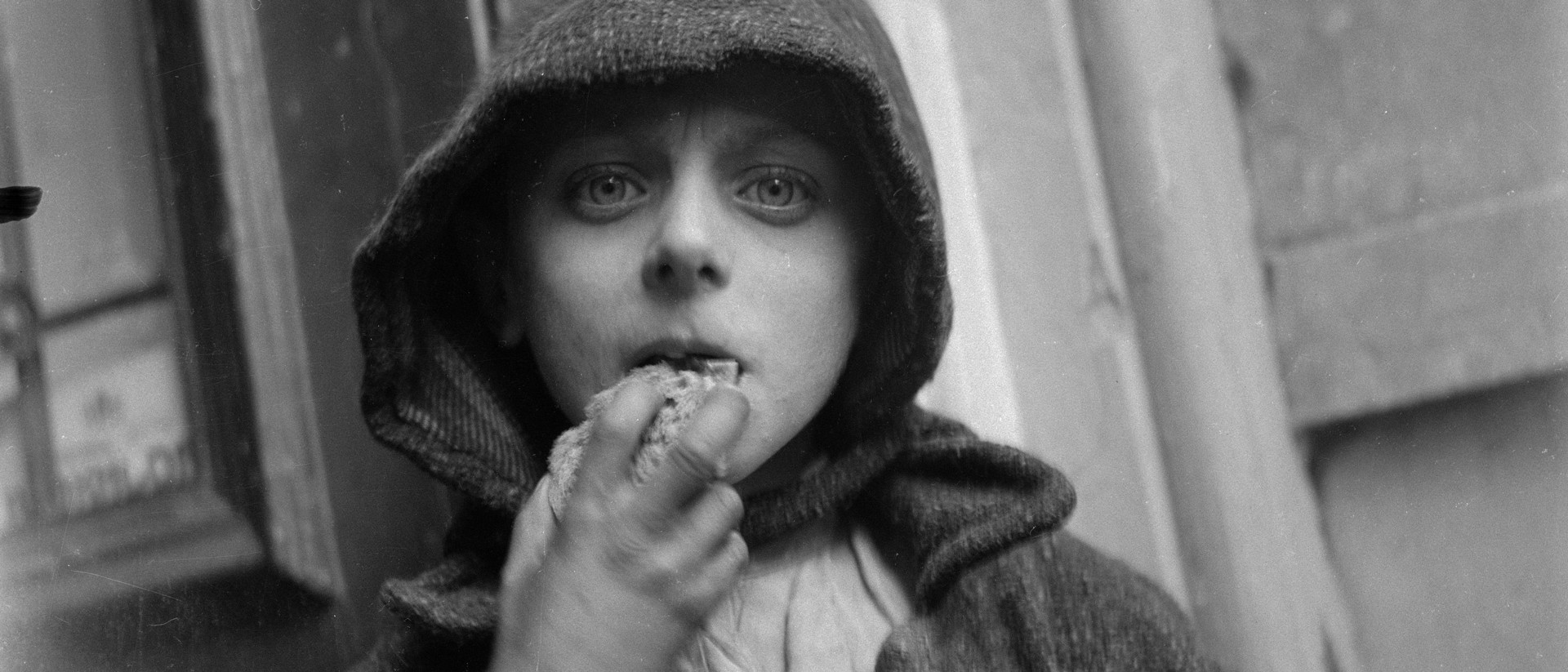
Blessed is the one
who does not walk in step with the wicked
or stand in the way that sinners take
or sit in the company of mockers,
but whose delight is in the law of the Lord,. . .
Psalm 1
Those who remember often call it “the hunger winter”
because, in the cities at least, there simply was no food. Only the farmers had something to eat—their
own produce, of course—and everyday, people say, the roads out into the Dutch
countryside swarmed with city-dwellers in stumbling need of food. With no provisions, some ate their cats and
called them “roof rabbits.” People did
everything they could to secure what they needed to keep themselves and their
families alive.
By late
April, nothing was functioning. Schools
weren’t open, businesses had little to trade, the government was
non-existent. Liberation was coming and
people knew it, but the Allies weren’t yet there.
That’s the
setting for a story a woman once told me about herself, her mother, and a block
of cheese. Somewhere the province of Friesland ,
the Netherlands , at a time when the Nazis were fleeing the advance of the Allies, a freight train was left
abandoned, and along with it an entire boxcar full of cheese. Once it was clear that Germans were gone, the
townspeople commandeered that train and everything in it, and gave out the
cheese to people who hadn’t eaten that sumptuously for more than a year.
The woman
who told me the story was a girl back then, a child, one of those who’d spent most of
her days looking for food during “the hunger winter.” She got herself a block of cheese, she said,
and, convinced what she’d been given was itself a miracle, she lugged it home blissfully to her widowed mother.
Her mother
took one look at that free food and sent her back to the train. “To take the cheese is to give in to chaos,”
she told her astounded daughter.
And so a little girl walked back,
placed that cheese like a sacrifice in the empty boxcar, and left, very much
alone.
That’s what she remembered, what she couldn’t forget.
Her mother’s behavior has understandable logic that feels immensely cold. What she feared
more even than hunger was the madness of lawlessness, of chaos, of a life where
disorder rules, as it can only do, insanely, as it does too often during war.
When the Israelites left Egypt, their complaints began almost immediately. "Why did you bring us out here in the middle of nowhere?" they asked Noah. "We'd rather have Pharoah than this mess?"
I'll let you decide if that mother should have made her daughter return that blessed cheese.
It’s difficult for an old late-60s contrarian like me to buy the essence of this verse from Psalm 1, difficult to believe the Psalmist took real delight, as he says, in
the law, a series of “thou-shalt-nots.”
“Thou shalt not covet”—now there’s an idea that warms the soul. Thou shalt not this, thou shalt not that--that's delight? I just don’t buy it.
What the law--even its excesses--gave the people of Israel was
order. What it kept at bay, the real scholars say, was chaos—both collectively and individually. What the law gave the Israelites, or so says
David, the poet/shepherd, was a way of life. It made life manageable and livable. It made him feel blessed. What's more, it had come from God almighty.
Still does.
"Philadelphia, Pennsylvania’s largest city, is notable for its rich history, on display at the Liberty Bell, Independence Hall (where the Declaration of Independence and Constitution were signed) and other American Revolutionary sites."
ReplyDeleteThe Eagles won a Super Bowl and you would have thought you were in the middle of the Father James Groppi led Milwaukee civil rights riots. No respect for personal property or the rights of others in general.
Philadelphia, the city of Brotherly Love, was the poster child of chaos. No delight in the law of the Lord....